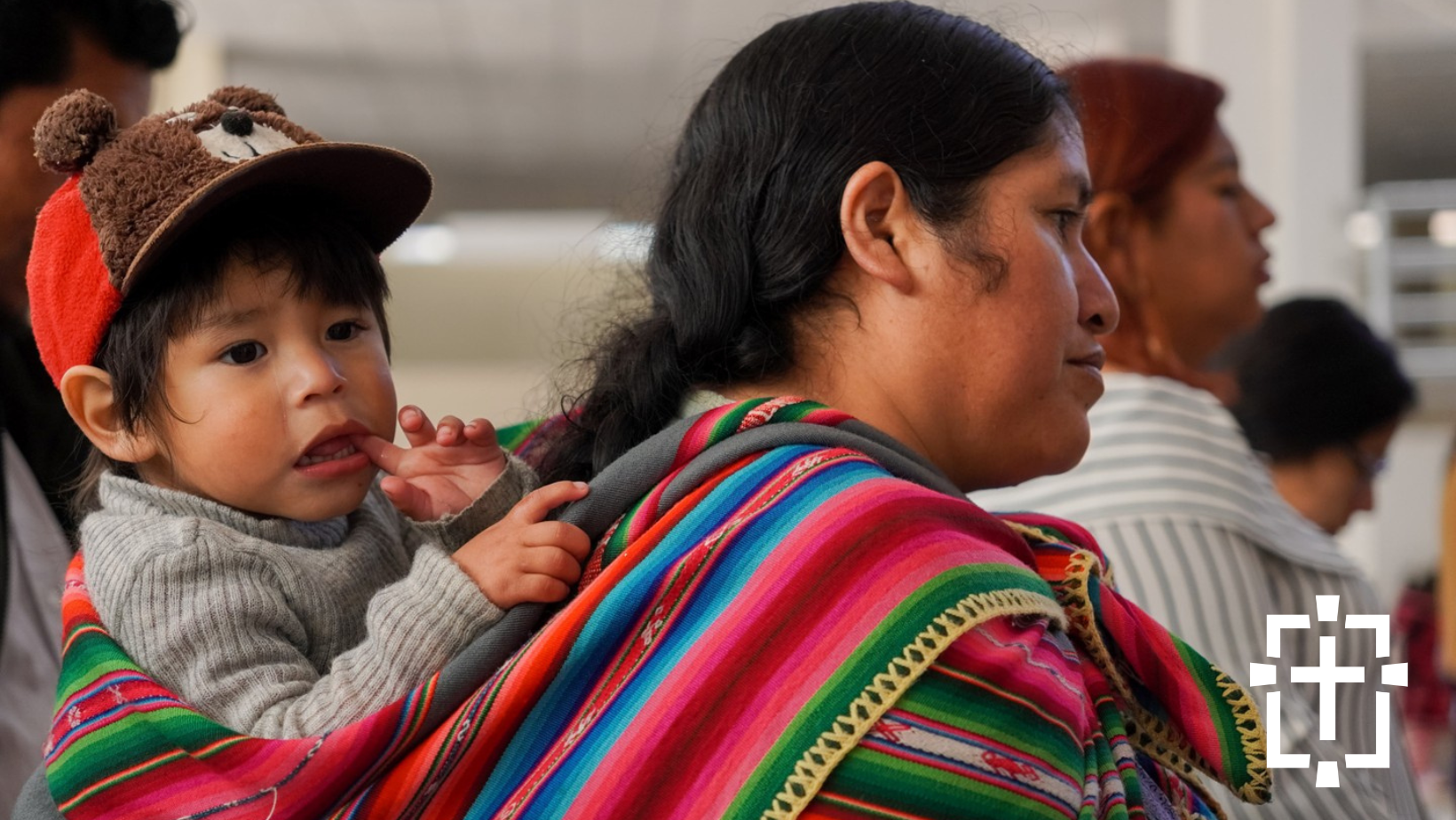

On several occasions Jesus instructs, “If anyone wants to be first, he shall be last of all and servant of all” (Mark 9:35; see similar Matt 19:30, Mark 10:31 and Luke 13:30). Jesus also lives out this principle by washing the disciples’ feet (John 13). Since we do not customarily wash feet today, what does this “first being last” look like in the twenty-first century? During our recent mission trip to Bolivia, I saw firsthand this principle in action—I caught a glimpse of Jesus at work.
This spirit of servanthood was quietly evidenced in the everyday practices of the Food for the Hungry (FH) staff that we came to work alongside. It was nothing that they celebrated; rather, it is just the way they work. I am not even sure that they think much about it as it’s the Spirit at work in them.
One example relates to the life choices of one of the staff. As I rode on the bus, I had the opportunity to talk about life (e.g., family, careers, faith) with him. I learned that he was trained as an engineer and had originally followed that job path as an operator of a hydropower facility. But after volunteering with FH he decided that he wanted to make it his full time vocation. Rather than pursuing a career that would bring more wealth and status he chose to serve the needy. He told me it was the best decision he ever made and has found deep joy in the work he is doing.
But serving the most vulnerable is just what FH is all about. While improving access to needed resources like food, water, education and jobs is part of what they do, their engagement with the community is much more personal. FH views poverty through the lens of broken relationships with God, others (spouse, family, community), their environment (housing, clean water) and themselves (their view of themselves). So, they build relationships with the struggling child, overwhelmed mother, and jobless father, one at a time. The work of FH is not measured in projects completed, but relationships established. It looks like “washing feet” to me.
I also observed this servant-heartedness spilling over to others outside their target community. Every driver, food vendor and server that they contracted was always rewarded with a generous tip, plate of food, and word of appreciation. I was also impressed to see the effort made to serve those donating to FH. In particular we had several MCC families that sent gifts with the team for their sponsored children. In each case FH staff tracked down the sponsored child and their family and transported them to the FH offices so that pictures and videos could be taken showing the family receiving the gift. All was done to simply bless the donor.
The MCC team was also very fortunate to be the object of service by the FH staff. It should be noted that MCC is not particularly special in that FH receives teams just like MCC almost every month from all over the U.S. Nevertheless, they made us feel special. They addressed our needs, making sure we were well fed, comfortable, entertained and most importantly included in the work they are doing. But the service went beyond the physical aspects of our stay; they worked to establish a relationship with each of us. They made us feel valued in their eyes and God’s. This was clearly evidenced on the last night of our stay during our final dinner together. Food, stories, pictures, gifts and contacts were shared, mixed with a lot of tears. Although we were only together for four days, often challenged by a language divide, deep relationships were forged through the work of the Spirit.
The FH staff provides a great example of what it means to “become last”. We would do well to learn from their example. In fact, we have numerous opportunities to serve our FH brothers and sisters in Bolivia. We can start by praying for them regularly (as a start see today’s prayer points). We can serve through financial support in the form of a designated gift or the monthly support of a child. We can also support with our time by participating in the next MCC mission trip to Bolivia and see firsthand how God is working in this community.
For more information contact Elisa Trullinger or Vince Tidwell.

